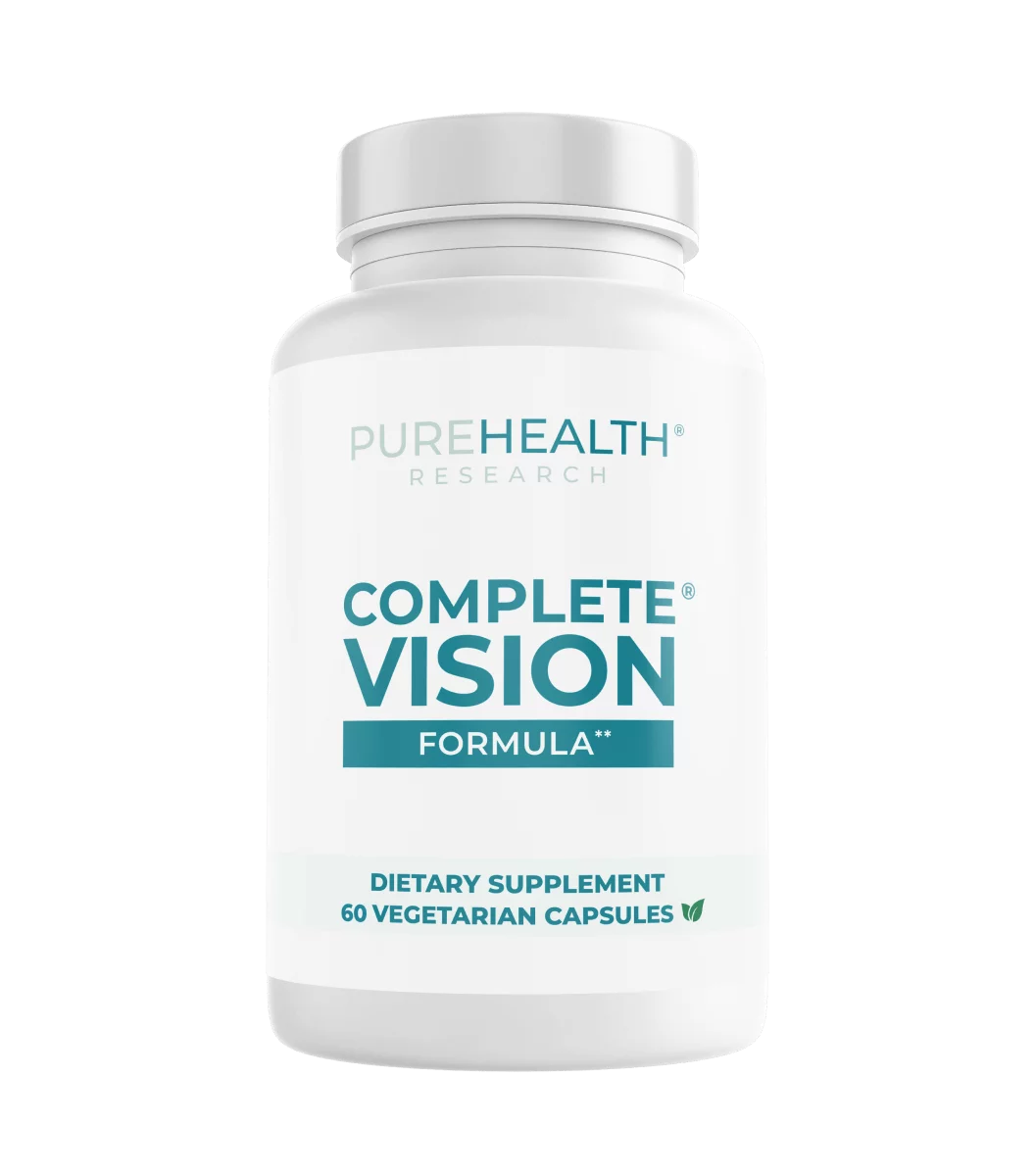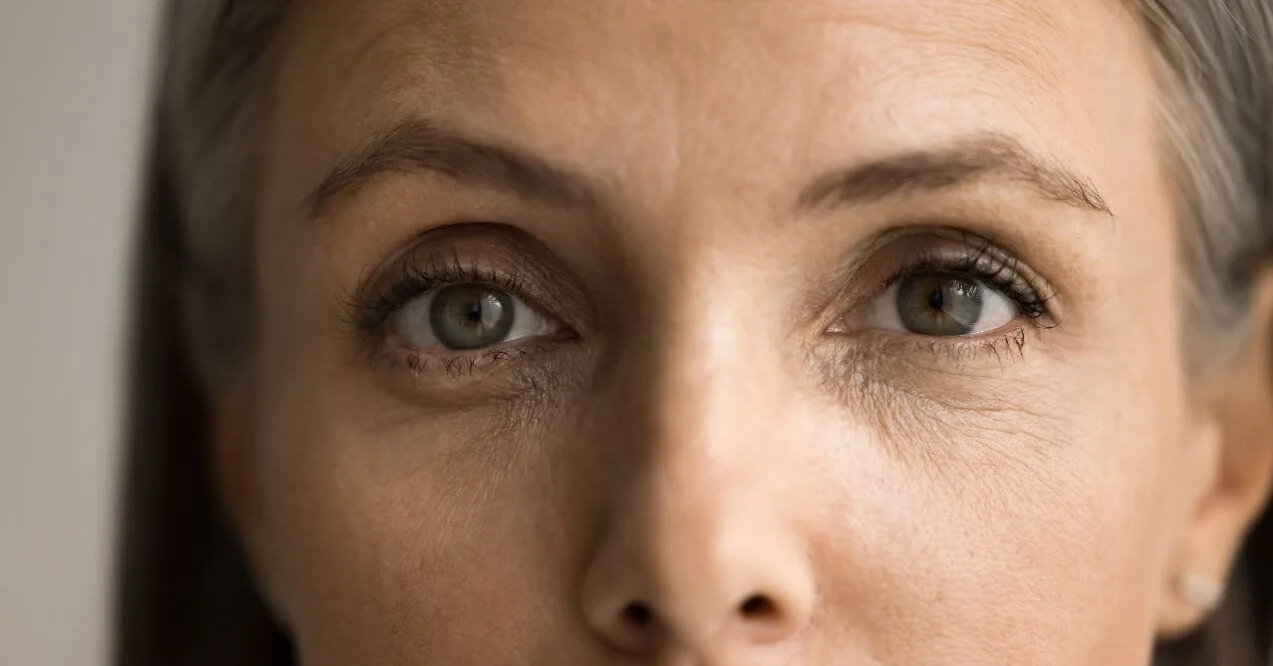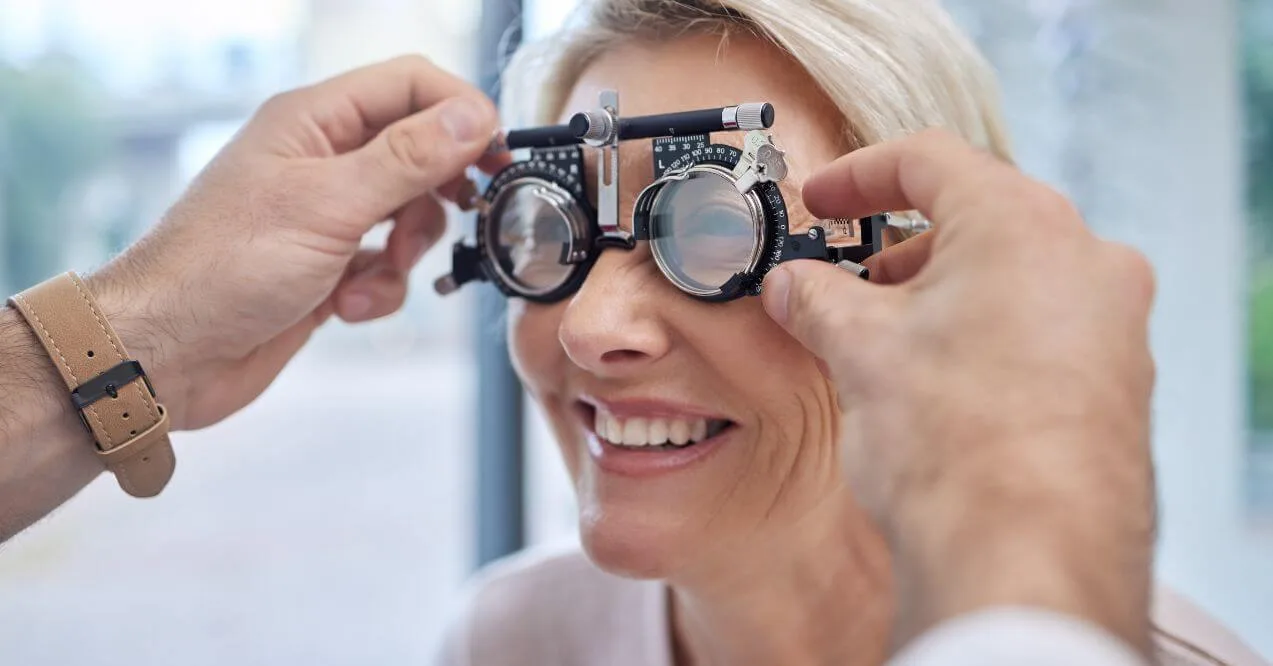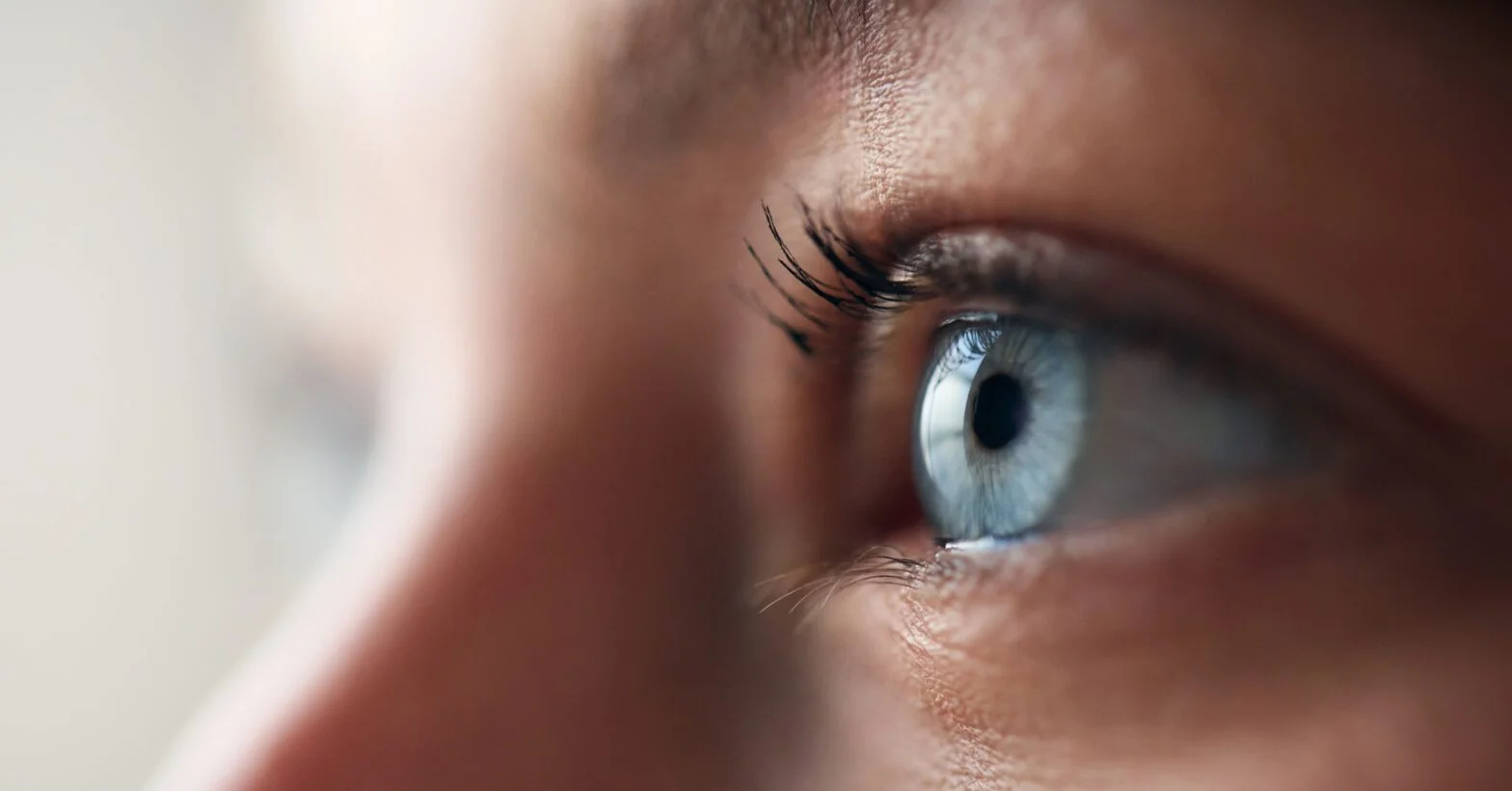How to Improve Night Vision? Comprehensive Guide
Medically reviewed by our experts


Enhancing night vision is a crucial yet often overlooked aspect of personal safety and efficiency in low-light conditions. Whether driving at dusk, exploring dimly lit environments, or working late hours, strong night vision can make all the difference.
This guide will explore a variety of techniques and lifestyle changes that may improve your eye vision, enhancing your ability to see with clarity when darkness falls, from nutrition and lifestyle adjustments to targeted exercises that support eye health. By understanding how the eyes adapt to darkness and applying proven techniques, you can sharpen your vision and navigate nighttime settings with greater confidence.
Whether you’re an outdoor enthusiast, a night-shift worker, or simply looking to improve visibility after sunset, this guide offers valuable insights to help you see more clearly when the lights go down. Let’s explore the path to better night vision together.
What Is Night Vision?

Night vision, a fascinating and vital aspect of human sensory perception, is the ability to see in conditions of low light. This remarkable capability hinges on a complex interplay of biological and physiological mechanisms within our visual system, specifically tailored to adapt to varying light conditions.
The cornerstone of night vision lies in the retina, a layer of tissue at the back of the eye that is pivotal in converting light into neural signals. Central to the retina’s role in night vision are the rod cells. Unlike their counterparts, the cone cells, which are responsible for color vision under bright light conditions, rod cells excel in low-light environments. These cells are incredibly sensitive to light, even to the faintest glimmers, making them the heroes of our night-time vision.
Rod cells contain a pigment called rhodopsin, also known as visual purple, which is particularly responsive to low-light conditions. In darkness, rhodopsin regenerates and becomes more sensitive, enhancing our ability to see when light is scarce.
The adaptation of the eye in dark environments is another key component of night vision. This process, known as dark adaptation, involves both physiological and biochemical changes in the eye. When we move from a brightly lit environment to a darker one, our pupils dilate to allow more light to enter.
Concurrently, the concentration of rhodopsin in rod cells increases, gradually improving our ability to see in the dark. This adaptation might take up to 30 minutes to reach its peak, which is why our vision initially seems poor when we first enter a darkened area.
In essence, night vision is a testament to the remarkable adaptability of the human eye, showcasing an intricate balance between the physical structures within the eye and the biochemical processes that enable us to navigate and perceive the world in varying shades of light and darkness.
Causes of Low Night Vision
Low night vision, a common challenge faced by many, may be attributed to a myriad of factors, each impacting the intricate mechanisms of our visual system:
- One of the most prevalent causes is the natural aging process. As we age, physiological changes in the eye might lead to a reduction in pupil size, diminishing its ability to allow ample light in during low-light conditions. Additionally, the natural wear and tear on the cells responsible for night vision, primarily those in the retina, may lead to decreased sensitivity to light, affecting our ability to see in the dark.
- Nutritional aspects also play a significant role in maintaining optimal night vision. An imbalance in certain nutrients, notably those crucial for maintaining healthy eyes, might impair night vision. For example, a lack of specific vitamins essential for the regeneration of key visual pigments may reduce the eye’s ability to adapt to low-light environments.
- Certain medications too, may impact night vision. Some drugs have side effects that affect the pupil’s ability to dilate properly or influence the retinal cells’ sensitivity to light, thereby affecting vision in dim conditions.
- Lifestyle factors are also key contributors. Prolonged exposure to bright screens, or excessive exposure to harsh sunlight without proper eye protection might strain the eyes. This strain may lead to a temporary decrease in the ability to adapt quickly to changes in light, thereby impacting night vision.
How to Improve Night Vision
1. Massage Your Eyes
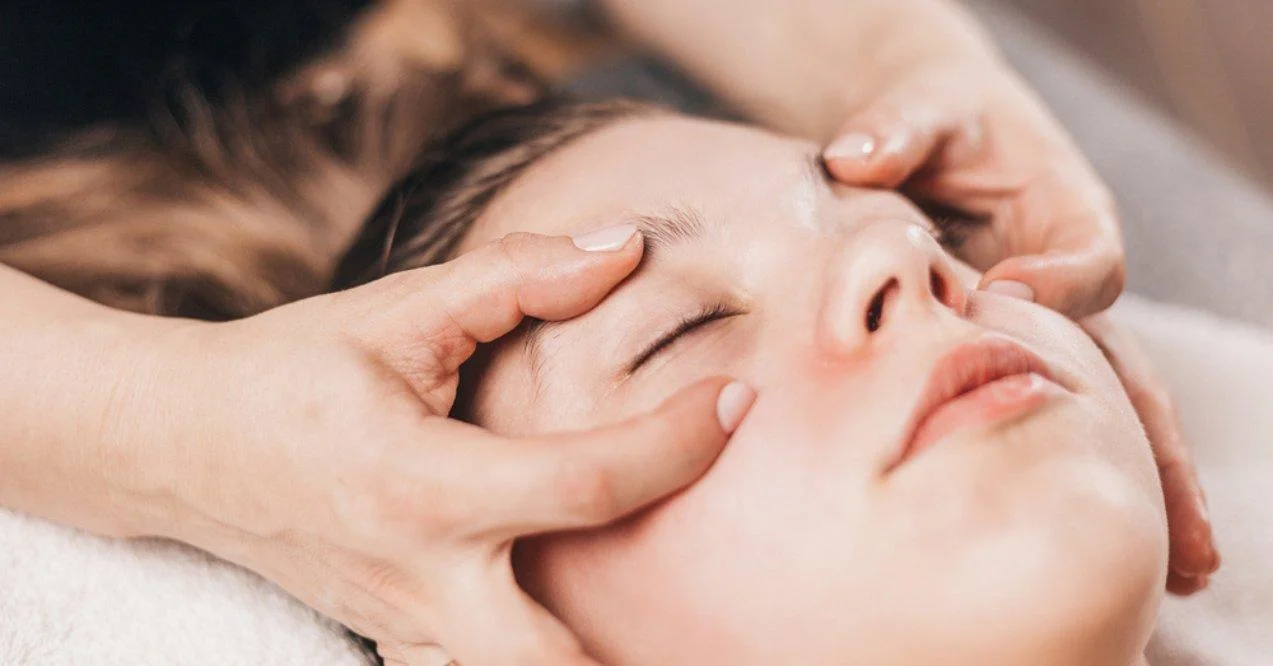
Improving night vision might be enhanced through a simple yet often overlooked method: eye massage. This technique, rooted in the principles of relaxation and increased blood circulation, may be particularly beneficial for the delicate structures within the eyes that are crucial for night vision.
Eye massage involves gently applying pressure to various points around the eye area, which might help in relieving strain and supporting blood flow. This increased circulation is essential, as it brings more nutrients and oxygen to the eye tissues, including the retina and its rod cells, which are vital for low-light vision.
To perform an eye massage:
- Start by rubbing your hands together to generate warmth.
- Then, lightly press your warm palms against your closed eyes for a few seconds.
- Following this, use your fingertips to gently massage the area around your eyes, including the brow bone, under-eye area, and temples.
- Circular motions or gentle tapping may stimulate these areas effectively. It’s important to ensure the pressure is light to avoid any harm to the eye.
This practice, when done regularly, might help in relaxing the eye muscles, potentially improving the efficiency of the natural night vision adaptation process.
2. Do Some Eye Exercises
One of the ways how to improve night vision might be specific eye exercises, designed to strengthen the eyes and enhance their adaptability to low-light conditions. One effective exercise is the “focus change,” which involves shifting focus between a near object and a distant one repeatedly. This exercise trains the eye muscles, improving their flexibility and responsiveness.
How to do focus change exercise:
- Hold a finger a few inches away from your eyes and focus on it.
- Then, shift your focus to a distant object, before returning your focus to your finger.
- Repeating this process several times might enhance the eyes’ ability to adjust quickly in varying light conditions.
Another beneficial exercise is the “figure eight” :
- Imagine a giant figure eight about ten feet in front of you.
- Trace it with your eyes slowly.
- This exercise not only strengthens the eye muscles but also improves eye movement control, which is crucial for efficient night vision.
Additionally, practicing “palming”, which involves covering your closed eyes with your palms to block out light completely, may be helpful. After a few minutes of palming, exposing your eyes to darkness, and then gradually reintroducing them to light might train your eyes to adjust more rapidly to changes in light, enhancing night vision.
3. Have a Healthy Diet

A healthy diet plays a pivotal role in enhancing night vision. Nutrients vital for eye health, such as Vitamin A, lutein, zeaxanthin, and Omega-3 fatty acids, are essential for maintaining and improving the functionality of the retina, especially in low-light conditions. Vitamin A is particularly crucial as it is a component of rhodopsin, a protein in the eye that helps us see in low light situations.
Foods rich in Vitamin A include carrots, sweet potatoes, and dark leafy greens like spinach and kale. Lutein and zeaxanthin, found in egg yolks, corn, and green leafy vegetables, help protect the eyes from harmful light and improve visual performance.
In addition to these specific nutrients, maintaining a balanced diet with a variety of fruits, vegetables, lean proteins, and gluten free whole grains is essential for overall eye health. Hydration is also key, as adequate fluid intake helps maintain eye moisture and function. By focusing on a diet rich in these key nutrients, you may support and potentially improve your night vision, alongside the overall health of your eyes.
4. Give Your Eyes a Rest Once in a While

Giving your eyes adequate rest is a fundamental and often underestimated strategy for improving night vision. Constant exposure to bright lights, especially from screens like computers, smartphones, and televisions, might strain the eyes and hinder their ability to adjust to lower light levels. Practicing the 20-20-20 rule is an effective way to ensure your eyes get the rest they need.
This rule suggests that for every 20 minutes spent looking at a screen, you should look at something 20 feet away for at least 20 seconds. This brief pause allows the eyes to relax and reduces strain. Moreover, ensuring you get enough sleep is crucial for eye health.
During sleep, your eyes enjoy a prolonged period of rest, allowing them to recover from the day’s activities and strain. This rest is crucial for maintaining healthy eye function, including the ability to adapt to different light conditions.
Additionally, periodically spending time in dimmer environments may also help your eyes adjust to low light levels, improving night vision. This doesn’t mean straining your eyes in near-darkness but rather giving them a break from intense, artificial light.
5. Do Not Look Directly at Light Sources

Another way how to improve your night vision may also be achieved by mindfully avoiding direct exposure to bright light sources, especially before and during activities that require optimal low-light vision. When eyes are exposed to intense light, the pupil constricts to regulate the amount of light entering the eye, and the photoreceptor cells in the retina become temporarily desensitized. This desensitization might impair the eye’s ability to adjust to the darkness immediately afterward.
For instance, looking directly at the headlights of oncoming cars or staring at bright screens in a dark room might lead to a temporary decline in night vision capabilities. To mitigate this, it’s advisable to use techniques such as the aviator’s technique, where one eye is closed to prevent overexposure to light, preserving the night vision in that eye. Additionally, using peripheral vision when faced with bright lights, such as street lights or headlights, might also help. Peripheral vision is less affected by bright light and recovers more quickly in darkness, making it a useful tool in maintaining night vision.
By consciously avoiding direct gaze at strong light sources and employing strategies that protect the eyes from intense light exposure, you might preserve the sensitivity of your retinal cells. Also, if you wonder can vision get better over time? This precaution not only enhances your immediate night vision but also contributes to long-term ocular health, ensuring your eyes remain adept at navigating through varying light conditions.
Vitamins for Night Vision
Vitamins and nutrients play a crucial role in maintaining and enhancing night vision. Key vitamins for night vision include Vitamin A, known for its direct impact on the retina’s ability to function in low light; Vitamin C, which supports the health of blood vessels in the eye; and Vitamin E, known for its antioxidant properties that preserve cells in the eyes from damage. These vitamins, along with zinc, which plays a role in transporting Vitamin A from the liver to the retina, form the cornerstone of a diet designed to improve night vision.
The Complete Vision Formula by PureHealth Research, endorsed by Dr. Holly Lucille ND, incorporates these essential nutrients to support and maintain healthy eyes and vision.
Additionally, this supplement includes Bilberry and Eyebright Extract, both known for their beneficial effects on eye health. Lutein and Zeaxanthin, also present in the formula, are crucial for strengthening the UV shield of the retina and preserving the eyes from harmful light and oxidative stress. Incorporating supplements for vision into your daily routine can be a proactive step toward maintaining optimal eye health and protecting your sight from environmental and age-related factors.
Conclusion
Embarking on the journey to enhance night vision is crucial for ensuring safety and efficiency in low-light conditions. Night vision plays a vital role in various activities, from driving at dusk to navigating unfamiliar environments in the dark. Understanding the science behind night vision and incorporating these methods can enhance your ability to see in low-light conditions and promote overall eye health. Remember, it is never too late to start making positive changes for better night vision and eye health.
To see better at night, ensure your diet is rich in Vitamin A and Omega-3s, regularly practice eye relaxation and focusing exercises, rest your eyes adequately, and avoid direct exposure to bright lights before navigating in low-light environments.
Yes, vision can improve over time with the right practices. Regular eye exercises, a nutritious diet, adequate rest, and protecting your eyes from strain and excessive light can all contribute to enhancing your visual acuity and health.
The best vitamins for night vision include Vitamin A for retina health, Vitamin C and E for cell protection, and Zinc for supporting Vitamin A transport to the retina. Lutein and Zeaxanthin are also crucial for strengthening UV shields against UV and light-induced damage.
Popular Articles
Advertisement. This site offers health, wellness, fitness and nutritional information and is designed for educational purposes only. You should not rely on this information as a substitute for, nor does it replace, professional medical advice, diagnosis, or treatment. If you have any concerns or questions about your health, you should always consult with a physician or other health-care professional. Do not disregard, avoid or delay obtaining medical or health related advice from your health-care professional because of something you may have read on this site. The use of any information provided on this site is solely at your own risk.
